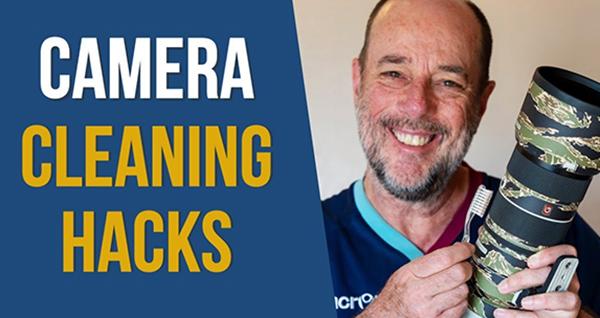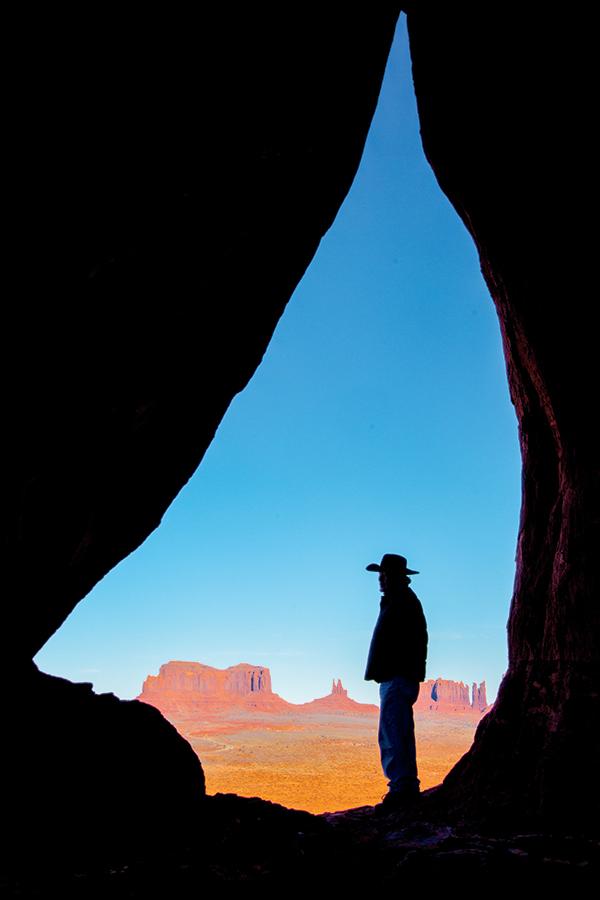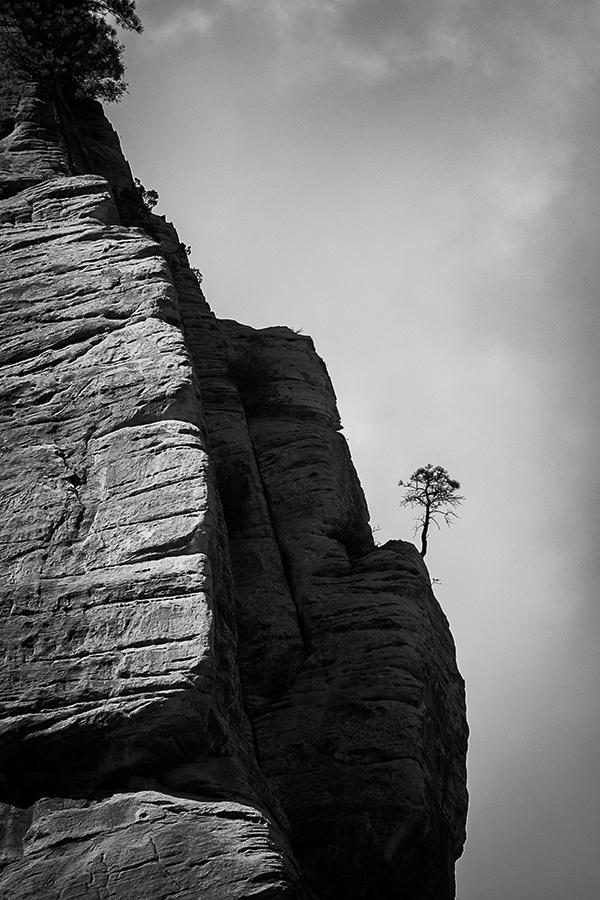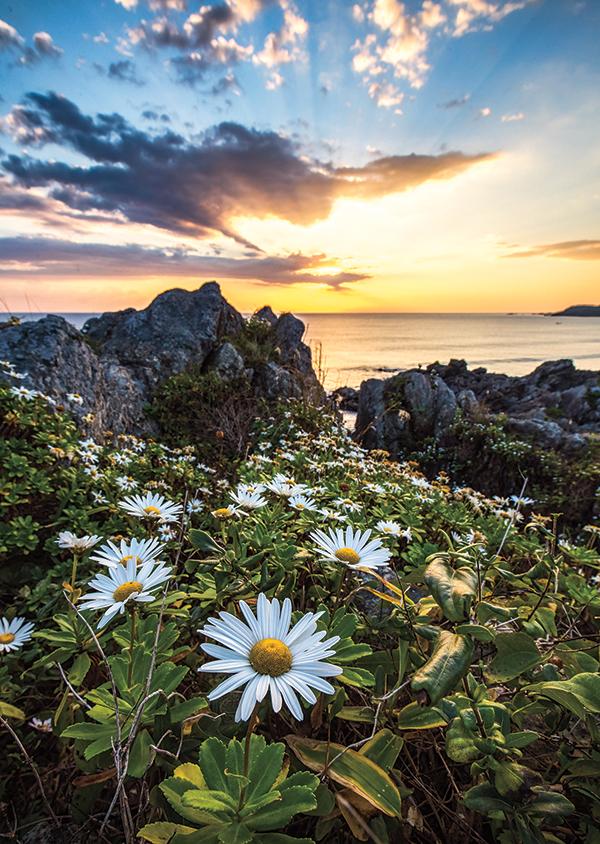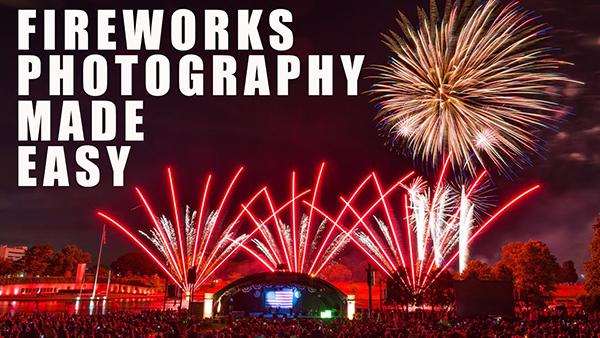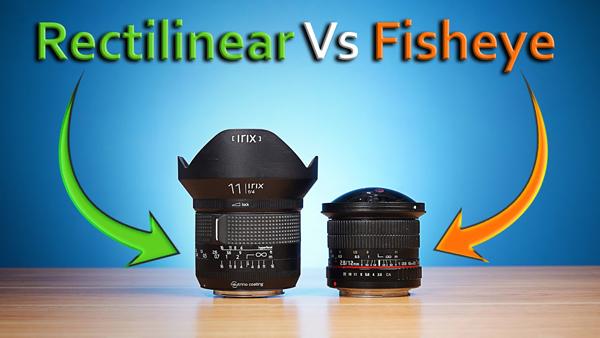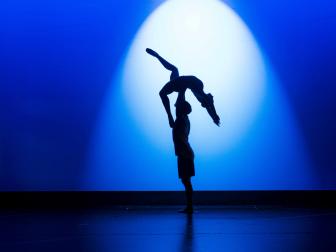Outdoor Photography How To
Sort By: Post DateTitle Publish Date
|
Jan 05, 2016
|
Apr 05, 2016
|
May 24, 2016
|
Aug 23, 2016
|
Oct 18, 2016
|
Nov 15, 2016
|
Jan 13, 2017
|
Feb 07, 2017
|
Mar 05, 2025
|
May 17, 2016
|
Jun 27, 2023
|
Nov 22, 2022
|
Nov 20, 2024
